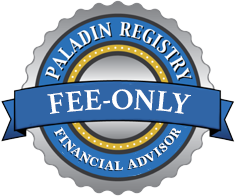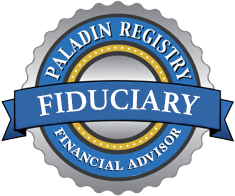The ABCs of Mutual Fund Fees
- by Glenn Wessel, CFA, CPA, CFP®
If you own any mutual funds you may have noticed that some funds have an innocuous letter such as an A, B, or C appended to the end of their name while certain other funds sport names that are free of such suffixes. If you purchase fund shares directly from the fund itself rather than through a salesperson, you neatly sidestep any commissions that might otherwise apply. Such funds, which are generically called “no-load” funds because they are not “loaded” with selling expenses, are generally devoid of these little suffixes. If you own one or more no-load funds, hats off to you.
However, if you own a fund that has an A, B, or C appended to its name, you’re likely to have acquired that fund through a salesperson. If you don’t know what these single-letter suffixes represent, then you probably also do not understand how much a particular fund is really costing you.
In general, funds that are marketed by salespeople are often parceled into a number of share classes. So-called “A” shares levy a one-time, up-front sales charge that often ranges from 3.00% to 5.75% of the amount invested. They may also levy ongoing commission charges. Ongoing charges of .25% per year is common.
Have you ever seen those glossy investment brochures that boast of “no up-front sales charges?” If so, welcome to the world of “B” and “C” shares. Admittedly, hollow claims like this sound a lot better than “you’re still going to pay that hefty sales commission, but we’ll deduct it from your investment in smaller bites over a long period of time so you won’t notice it as much.”
While these annual charges may run as high as 1% per year, they are levied in addition to the fund’s normal operating expenses which may add another 1% per year. So, if a fund that generates gross returns of 10% per year incurs 1% of operating expenses and 1% of selling expenses, you have effectively been relieved of 20% of your return.
Curious to know how much you’re paying in ongoing sales charges? If the brokerage industry really wanted you to know, they’d clearly label them as such. Instead, you’ll find them listed under the arcane description of “12b-1 fees.” The industry might not want you to look, but I do. Throw that glossy brochure away and read your prospectus.
Glenn Wessel has an investment counsel and financial planning practice in downtown Asheville. He has been admitted to the Paladin Registry as an elite financial advisor.



